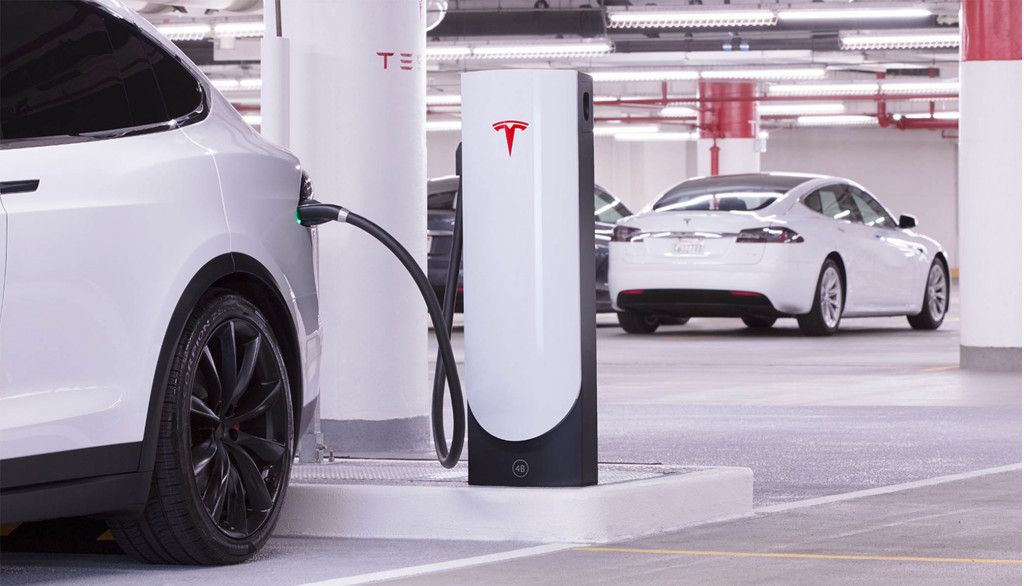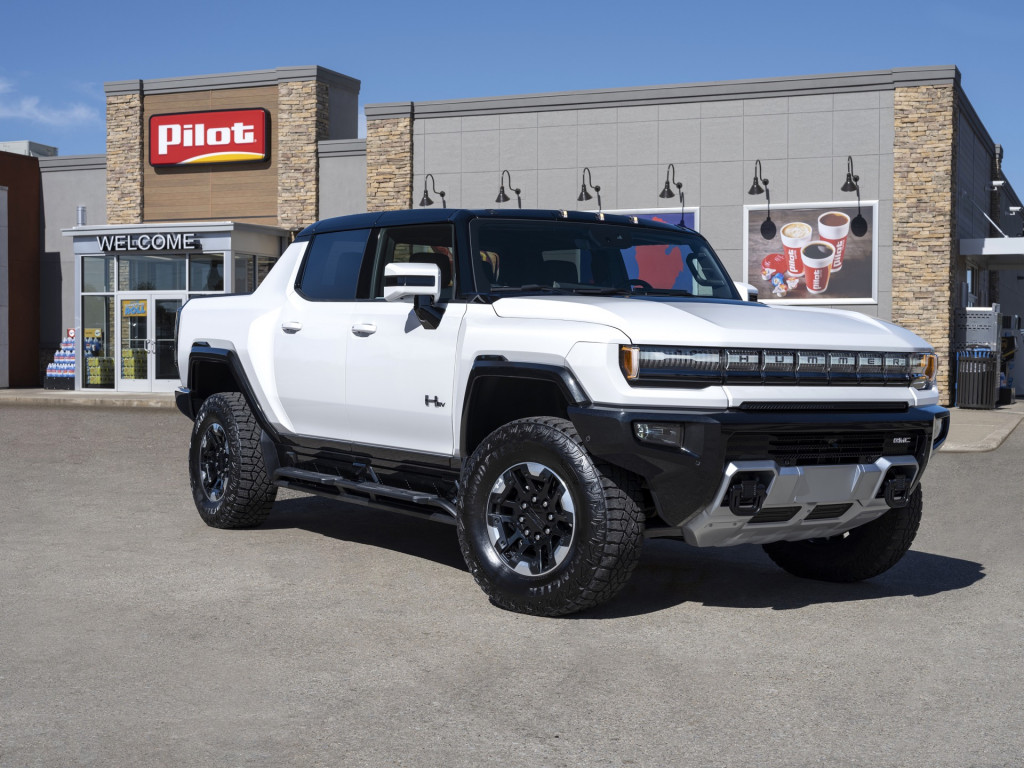A portion of Tesla's vast charging network in the U.S. will soon be open to electric vehicles from other brands, the White House announced on Wednesday.
The move is in response to the $7.5 billion federal investment in charging infrastructure that forms part of the bipartisan infrastructure bill passed in 2021, rules for which were detailed on Wednesday.
Under the plan, by the end of 2024, at least 3,500 of Tesla's high-speed Supercharger chargers located along major highways and 4,000 of its slower Destination chargers located at sites like hotels and restaurants, new or existing, will feature the Combined Charging Standards (CCS) connector used by most automakers, in addition to Tesla's existing proprietary connector.
Anyone using one of the chargers will be able to complete the charging and payment process via Tesla's app or website.

Tesla Supercharger for city centers
Tesla has 17,711 Superchargers, which represents about 60% of the total fast chargers in the U.S. The company also has around 10,000 of the Destination chargers.
There's also funding for new chargers, though the rules for this require final assembly and all manufacturing processes for any iron or steel charger enclosures or housing occur in the U.S. And by July 2024, at least 55% percent of the cost of all components will need to be manufactured domestically as well.
One of the goals of the infrastructure bill is to get the number of EV chargers in the U.S. to 500,000 by 2030, up from approximately 130,000 today.
Tesla has previously launched a pilot program in Europe granting other EVs access to its Supercharger sites. Launched in The Netherlands in late 2021 for vehicles with CCS connectors, it's since been expanded to other countries. It's worth noting that Tesla began considering CCS compatibility for its European network as early as 2018, but couldn't do the same in the U.S. because CCS hadn't launched when it began building Supercharger sites here.

GMC Hummer EV at Pilot travel center
Tesla isn't the only company reacting to the government's charging initiative. Hertz has teamed up with oil giant BP to install chargers at its car rental locations. General Motors plans to install chargers at its dealerships, as well as a coast-to-coast network of 2,000 fast chargers at Pilot and Flying J travel centers along popular highways. Electrify America has a similar plan to install fast chargers along highways. Ford has announced plans to build chargers at its dealerships, and Mercedes-Benz and Volvo have also announced plans to build chargers at locations across the country.
Importantly, the rules call for consistent plug types and charging rates to be located at charging sites. They also call for a single method of identification that works across all chargers, meaning drivers won't suffer the hassle of needing to use multiple apps and accounts to charge.
